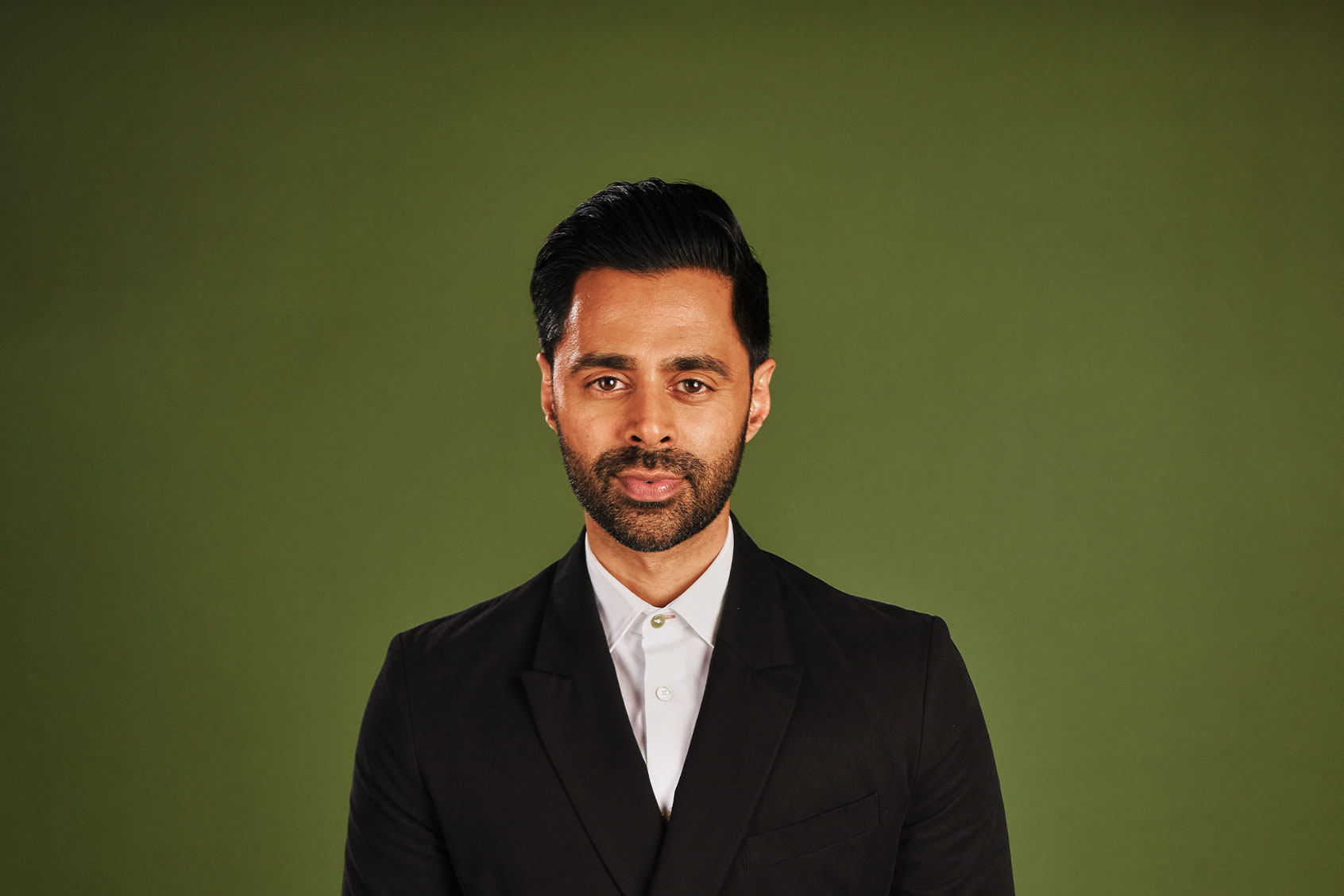Hasan Minhaj is a cool, funny guy. He is supposed to be your approachable brown comedian. His lived experiences as a Muslim American and an Asian American comic are supposed to draw us in as an audience and contextualize what xenophobia and racism look like in the life of an average, charismatic American man.
But in The New Yorker profile, Minhaj’s golden-boy image is tainted by fabrications or what he calls “emotional truths” in his comedy. Basically, the comedian is not really concerned with relating faked events that he claims are true in his sets as long as the emotional truth is what is genuine and lands for the audience. Not only does the profile accuse him of fabricating stories for his stand-up specials but it addresses whisperings of a toxic and misogynistic workplace environment behind the scenes of his now-canceled Netflix commentary show “Patriot Act.” This echoes the recent revelations about peer and late-night show host friend Jimmy Fallon, who is also facing backlash due to an exposé on toxic workplace culture.
Here are four of the most disappointing revelations about Hasan Minhaj’s “emotional truths” profile:


